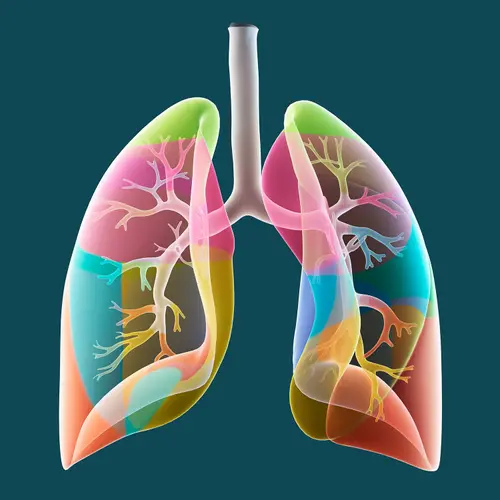Lung cancer is a form of cancer that starts in your lungs. You have the highest risk of this disease if you smoke. But you can still get it if you’ve avoided tobacco.
In its early stages, lung cancer usually doesn’t have many symptoms. Over time, you may notice:
- Chest pain
- A cough that doesn’t go away
- A cough with some blood
- Shortness of breath
- Weight loss
- A hoarse voice
- Headache
- Pain in your bones
Some other conditions can have similar warning signs to lung cancer. It’s important to find out what’s going on so you can get the right treatment.
Heart Problems
Almost half of the adults in the United States have some form of cardiovascular disease. This can include conditions such as:
- Heart attack
- Stroke
- Heart failure
- Uneven heart rhythm (arrhythmia)
- Heart valve problems
Some of these conditions can cause shortness of breath, chest pain, body discomfort, headache, or a cough with blood. These may be easy to confuse with the warning signs of lung cancer. If you notice any of these symptoms, it’s best to check with your doctor. They’ll be able to do tests to find out what’s going on.
Allergies
Over 50 million Americans have allergies each year. Depending on the person, they can cause some symptoms that are similar to lung cancer, including a cough, chest tightness, shortness of breath, or wheezing.
But allergy symptoms also usually include sneezing; a runny, itchy, or stuffy nose; swollen eyes; hives; or swelling in certain areas of your body.
If over-the-counter allergy medications don’t help, talk with your doctor about another treatment or other possible causes of your symptoms.
COVID-19
Lung cancer and COVID-19 have a few similar symptoms, like a cough, shortness of breath, body aches, and a headache. But unlike lung cancer, the virus can also cause a fever, loss of taste or smell, nausea, vomiting, or diarrhea.
If you think you might have COVID-19, it’s important to call your doctor and get tested as soon as possible. If you test negative, you can begin to rule out other causes of your symptoms.
Get medical care right away if you have major trouble breathing, pressure or pain in your chest, confusion, bluish lips or face, or if you have trouble staying awake. These could be emergency warning signs of COVID-19 or another serious condition.
Bronchitis
Bronchitis causes inflammation in your bronchial tubes, which carry air to and from your lungs. It can be acute, which is a more common and moderate kind, or chronic, which is more serious.
Acute and chronic bronchitis may have similar symptoms to lung cancer. These can include a cough, mucus that might have a small amount of blood, shortness of breath, and chest pain. With chronic bronchitis, your cough may last months at a time.
Because the warning signs of bronchitis and lung cancer are so similar, it’s important to make an appointment with your doctor if you notice any of these symptoms. Get medical care right away if your cough keeps you from sleeping or lasts longer than 3 weeks, or if you have a fever over 100.4 F, discolored or bloody mucus, wheezing, or shortness of breath.
Pneumonia
Pneumonia causes inflammation in one or both of your lungs. Many things can be to blame for this infection, including bacteria, viruses, or fungi.
The illness can range from mild to very serious. Depending on how severe your pneumonia is, the cause, your age, and your overall health, you may have a variety of symptoms.
Warning signs of pneumonia that are like those of lung cancer include chest pain, a cough, and shortness of breath. But pneumonia can also cause a fever, chills, nausea, vomiting, or diarrhea.
If you notice any of these symptoms, see your doctor as soon as possible. This is especially important for people who are older than 65 or under the age of 2, who have another health condition, or who are on a treatment that weakens the immune system (such as chemotherapy). Call 911 for any new chest pain or if you are having any trouble breathing.
Cystic Lung Diseases
These rare diseases include a group of disorders that cause cysts, or sacs filled with air or fluid, in your lungs. Four diseases account for most adult cases:
- Lymphangioleiomyomatosis (LAM)
- Pulmonary Langerhans cell histiocytosis (PLCH)
- Birt-Hogg-Dube syndrome (BHD)
- Lymphoid interstitial pneumonia (LIP)
These conditions can cause you to have shortness of breath or a cough with or without blood, which are also symptoms of lung cancer.
Your doctor can do tests to look for cysts on your lungs or for a gene change that causes cystic lung disease.

